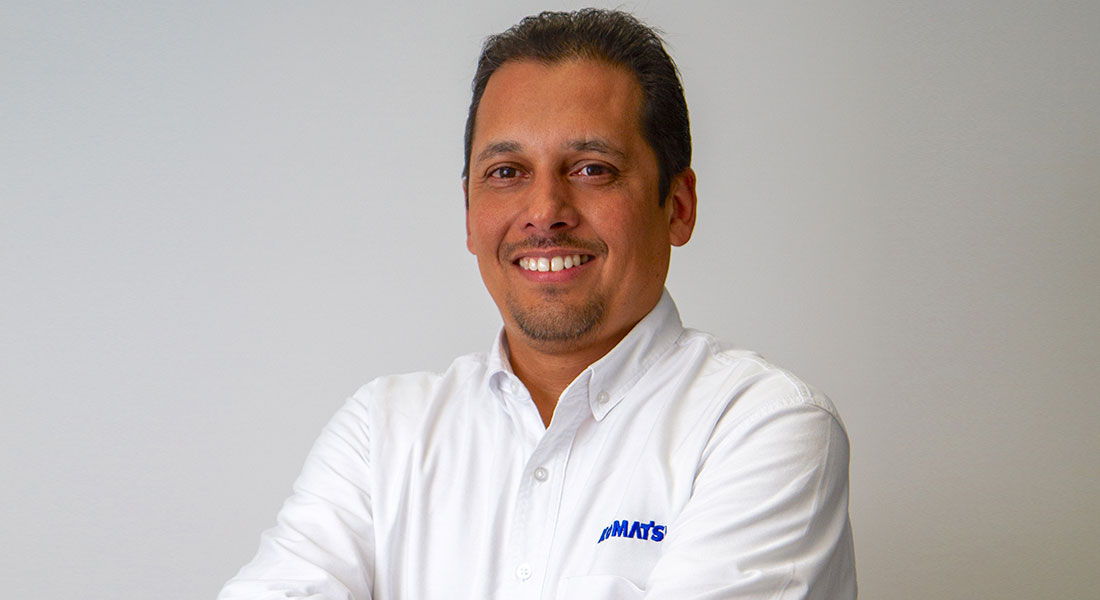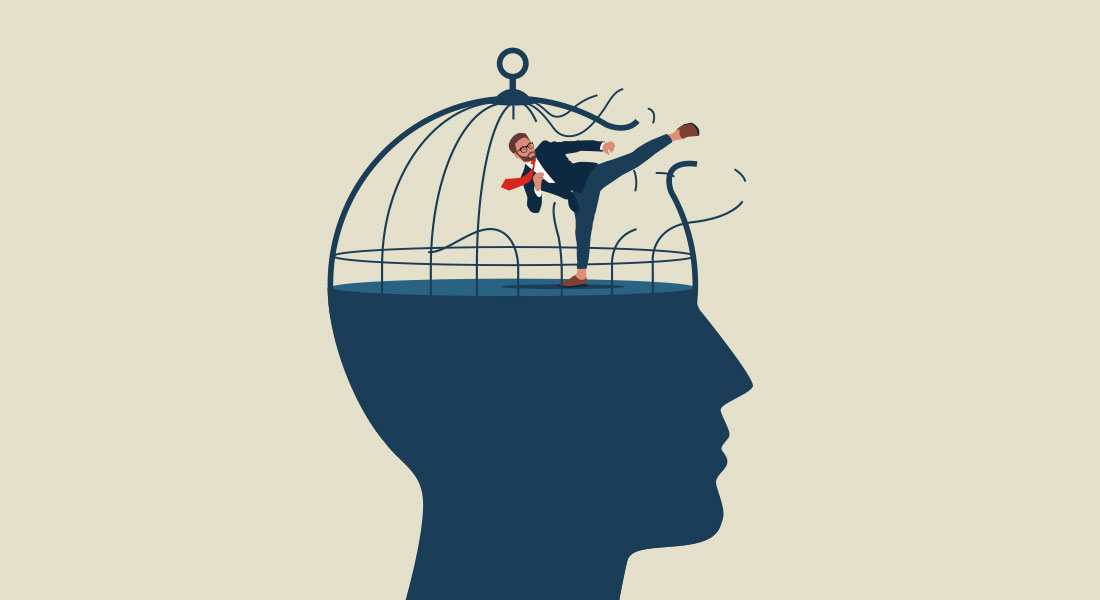


Two parallel tendencies seem to run hand in hand on social media, entertainment and traditional media: on the one hand, the tendency and desire to “cancel” anyone who falls out of line of acceptable discourse and social behavior; on the other hand, the desire for the representation and visibility of every minority or disadvantaged group under the sun. These two could seem curiously contradictory. Women, queer people, indigenous people, disabled people: the latter tendency dictates that they must be represented as a group, their struggles, the problems they face – and be accurately represented of course, whatever that means in a particular case. The former tendency (“cancel culture”) dictates that unacceptable ideas, unsavory viewpoints or abhorrent behavior, past or present, must condemn an individual (or their work) to be banned from platforms and denied visibility.
They’re not actually contradictory, of course, and both have their time and place of appropriateness – some behaviors should be condemned, some ideas are unacceptable for a harmonious society; though we can debate about how exactly to proceed in the cases of “cancellation” or what it can mean in terms of consequences. I’m here to address the other tendency: representation and the push towards diversity and inclusion. Of course diversity and the inclusion of minorities and disadvantaged groups in media and in entertainment is most often a positive social tendency – especially for the very individuals belonging to historically disadvantaged groups. What I want to address are some thoughts about the “how” and not the “if”.
A clear disclaimer, I am not talking about political representation, for example when more indigenous peoples are represented in national congresses or in international organizations. Such issues matter more than any one opinion on whether they are “good” or “bad” – and it is a basic human right to access participation in the politics that affect our lives, both as individuals and as groups. What I discuss here is mostly representation as is being understood in entertainment and in media.
What many people seem to find problematic about representation and diversity in media, appears to often be an issue of “how”, when some perceive that “the diversity” is being “forced” by altering previous stories in books, comic books, previous movies, etc. Many express their dislike about diversity “being forced” because they look at media for purposes of being entertained rather than moralized or reminded about the social disadvantages of many groups. It is tricky to tell however, whether people are genuinely upset that stories are being altered for purposes of inclusion and diversity and they feel it is “forced” – or if some people are upset, on a larger scale, at a changing world and at a diversity that already exists out there, in the real world outside their Netflix account.
My own personal questioning about the matters of inclusivity in media is perhaps a more “trivial” one. By this I don’t mean that inclusion or diversity in themselves are to be treated as trivial matters: on the contrary, they are and should be treated as important. My point is more about the idea that children or young people in general can only be inspired towards certain behaviors or achievements if they see people who are exactly like themselves as “inspirational”. What I tend to ponder is the degree of hair-splitting this sometimes leads me into. As a woman who is also Latin American, a migrant in Europe, heterosexual, and “white-passing” (that’s what I am called in Europe, regarding my ethnicity), in some senses I belong to disadvantaged groups and in others I don’t. As a woman I do feel inspired and encouraged when I read stories about women (who may be black, queer, disabled – or all of those things) achieving greatness; I can also be encouraged by the actions of people who look nothing like me or whose lives are nothing like mine.I acknowledge that this is a privileged conversation to be having in the first place, when so many millions around the world still face lives in brutal conditions. But as we transition into a world where “identity politics” mean sub-dividing people into evermore intersectional categories; one can wonder if the young people of today will grow up expecting to see the media representation of people who are exactly like them in several sub-categories – and whether all of these “identitarian matters” are at odds with the idea of individuals being seen and judged only on the basis of their individual acts.









